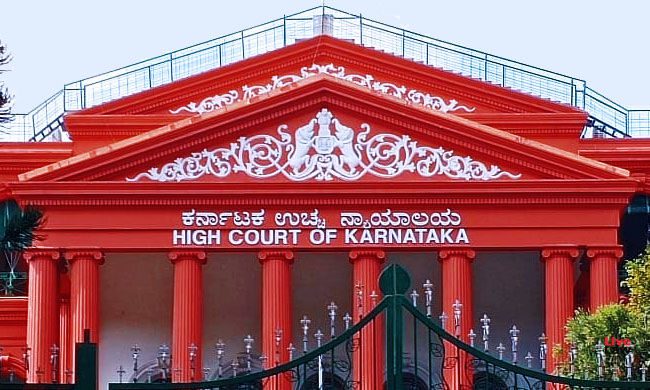Introduction
In a recent observation, the Karnataka High Court has addressed Yadgir district as a model example of communal harmony, and called it a “model for the whole country.” This is in relation of a legal case which depends on the balance between preserving traditional practice and protecting individual dignity and rights.
Background
The Karnataka High Court made these comments during a writ petition filed by the Madiga Dandora group about the Muharram celebrations in the village of Tumkur, which is in the Vadagera Taluk of Yadgir district. Traditionally, these celebrations, which include the folk dance “Alai Bhosai Kunitha” and the playing of the “halige” (a type of drum), have been a joint effort between Hindus, Muslims, and Dalits.
Still, the petition said that the Madiga community, who have historically played the “halige,” felt they had to keep doing it because they thought of themselves as “untouchables.” Their decision to stop participating in these activities led to more tensions and fights between upper-caste Hindus and the Dalit Madiga community. The petitioners asked that public celebrations be banned to stop more fighting, so the High Court stepped in to look at the situation and keep the peace.
Key Points
- The Court specifically cited organisations like the Khaja Bandanawaz Dargah and the Sharanabasaveshwar Temple as prime examples of this blended cultural legacy that could act as a template for the country to follow in fostering goodwill amongst communities.
- The ruling made it clear that while communities naturally have the right to celebrate their holidays and cultural customs, this right does not include coercing other groups or individuals into participating in activities they find offensive or disparaging.
- It stipulated that if festivities were to take place, the Madiga community could not be compelled in any manner to beat the ‘halige.’
Recent Developments
The next step for the State authorities is to review the Madiga Dandora organization’s appeal in light of the High Court’s decision. In order to reach a decision which comply the law and the same times promotes equal representation. The review must include representatives from the Madiga, upper-caste Hindu, and Muslim communities. In a previous affidavit, the Assistant Commissioner of Yadgir stated that it might not be prudent to proceed with the celebrations due to worries about upholding law and order, which the Court now anticipates will be addressed with a more comprehensive and inclusive approach. This court also decided that all participants must have proper protection from the state.
Conclusion
The Karnataka High Court’s praise of Yadgir’s communal harmony serves as a significant endorsement of India’s integrated cultural heritage. However, the case demonstrates the complex challenges that arise when customs collide with changing public perception and the rights of marginalised communities. A significant legal standard is set by the Court’s emphasis on human and national identity, individual dignity, and the avoidance of coercive tactics. This choice goes beyond a local matter and provides a model for promoting genuine communal harmony across the nation, where festivities promote unity rather than division. It serves as an example of how true harmony can become when a strong commitment to equality and human dignity is paired with a respect for diversity.
“PRIME LEGAL is a full-service law firm that has won a National Award and has more than 20 years of experience in an array of sectors and practice areas. Prime legal falls into the category of best law firm, best lawyer, best family lawyer, best divorce lawyer, best divorce law firm, best criminal lawyer, best criminal law firm, best consumer lawyer, best civil lawyer.”
WRITTEN BY DHRUV SELOT


